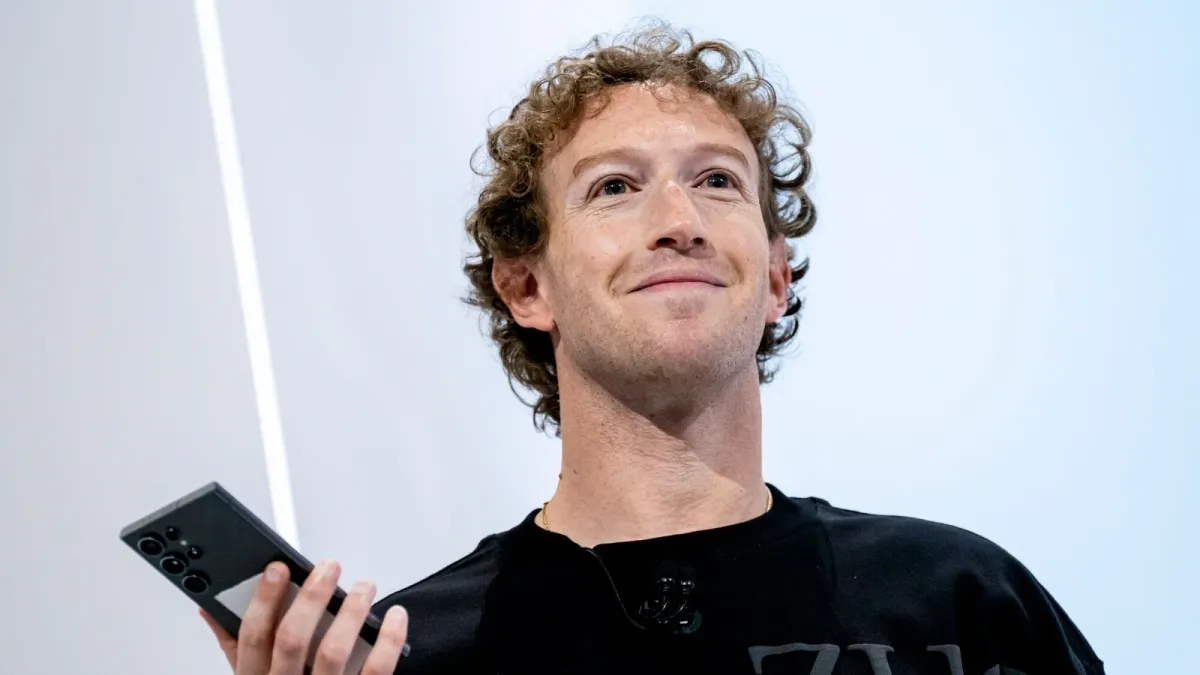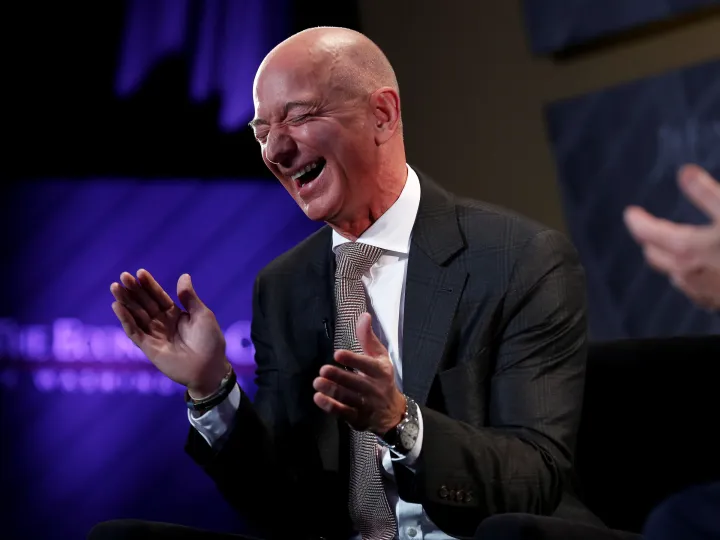Meta's Race to the Bottom
Facebook's transformation into Meta hasn't changed its fundamental character - a company that consistently chooses engagement over ethics.

Facebook's transformation into Meta hasn't changed its fundamental character - a company that consistently chooses engagement over ethics. The latest policy changes strip away basic protections against hate speech while maintaining a thin veneer of corporate respectability.
Let's be clear about what's happening here. Meta isn't just "updating" its content policies; it's dismantling safeguards that took years to develop. The company has removed prohibitions against comparing women to property, calling transgender people "freaks," and spreading dehumanizing rhetoric about immigrants. They've done this while simultaneously ending their fact-checking program and moving their content moderation team to Texas - a predictable pivot as the political winds shift.
The timing follows Meta's usual pattern of aligning with power. With Trump leading in polls and Mark Zuckerberg openly discussing his desire for an "active role" in a potential Trump administration, Meta is positioning itself accordingly. It's not ideology - it's business as usual.
What's particularly telling is the surgical precision of these changes. Meta hasn't simply loosened restrictions across the board - they've carved out specific exceptions for anti-trans rhetoric, gender-based discrimination, and other forms of targeted harassment. The new policy explicitly allows "allegations of mental illness or abnormality when based on gender or sexual orientation" - a change that follows the money where it leads.
The company's attempt to frame this as increasing clarity in their policies is disingenuous. By replacing clear prohibitions with vague allowances for "political and religious discourse," Meta has created a system where virtually any hate speech can be justified if it's wrapped in the right rhetorical packaging.
This isn't about free speech - it's about profit. Meta's calculating that the engagement generated by inflammatory content will outweigh any potential advertiser backlash. They're betting that in our current political climate, the benefits of courting certain political factions outweigh the costs of enabling harassment and discrimination - just as they once bet on progressive causes when that seemed profitable.
The real cost will be paid by the platform's most vulnerable users, who will find themselves increasingly targeted by harassment campaigns that now have Meta's implicit blessing. The company has effectively told bad actors that as long as they frame their attacks as "political discourse," they'll get a pass.
We're watching a platform deliberately engineer its own ethical collapse, and the consequences will extend far beyond Facebook's digital walls. When the largest social media company in the world decides to normalize hate speech, it shifts the boundaries of acceptable discourse across the entire internet.
Let's dispense with the notion that Facebook was ever a moral guardian of the public square. Meta's amorality isn't a flaw in their system - it's the system working exactly as designed. A publicly traded company optimizing for engagement and profit will inevitably drift toward whatever generates the most clicks, likes, and shares. The fallacy isn't in recognizing Meta's shift toward enabling harmful content - it's in believing they ever had principles to abandon in the first place.
What makes this dynamic particularly insidious is how pure market-driven amorality produces profoundly immoral outcomes. When you build automated systems optimized solely for engagement, you create machines that amplify humanity's darkest impulses. Content that triggers fear, anger, and tribal antagonism consistently outperforms nuanced discussion. Meta isn't actively choosing to enable harassment and discrimination - they're simply removing the artificial constraints that were holding back their engagement algorithms from their natural state. The end result is the same as active malice, but it arrives through the clean, bureaucratic logic of quarterly earnings reports and shareholder value.
The transformation is complete: Meta has chosen its path, and it leads straight to the bottom.


